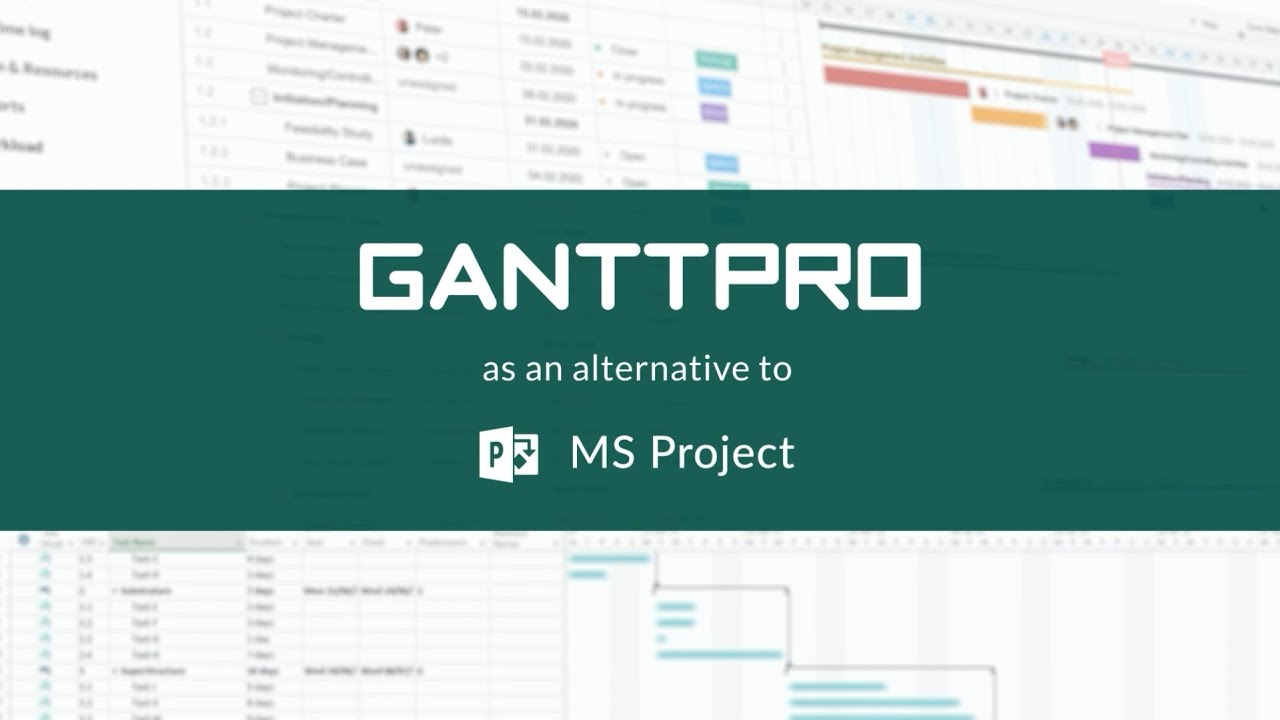PMBOK: Project Cost
Project cost management is a crucial component of the Project Management Body of Knowledge (PMBOK). PMBOK is a widely recognized guide for project management that provides a framework for managing projects in various industries. Project cost management includes the processes required to ensure that a project is completed within the approved budget. It involves a combination of tools, techniques, and practices to measure and control the costs of the project.
Understanding PMBOK Project Cost Management
Project cost management involves the following activities:
- Planning the budget
- Controlling expenses during the project
- Closing the project budget
When planning the budget, project managers must consider all of the costs associated with the project, including labor, materials, equipment, and overhead costs. This information is used to create a budget that is approved by stakeholders.
Once the budget is approved, project managers must monitor expenses throughout the project to ensure that they stay within budget. This may involve adjusting the budget or making changes to the project plan to reduce costs.
At the end of the project, project managers must close the project budget and compare actual expenses to the approved budget. This information is used to identify areas for improvement for future projects.
Planning the Budget
When planning the budget, project managers must consider all of the costs associated with the project, including:
- Labor costs
- Materials costs
- Equipment costs
- Overhead costs
Labor costs include the wages and benefits paid to employees working on the project. Materials costs include the cost of materials used in the project, such as raw materials, supplies, and equipment. Equipment costs include the cost of renting or purchasing equipment needed for the project. Overhead costs are indirect costs, such as rent, utilities, and insurance, that are not directly tied to specific project activities.
It is important to be accurate and realistic when estimating costs. Project managers should use historical data and industry standards to estimate costs, and they should also consider the impact of inflation and currency exchange rates.
In addition to estimating costs, project managers must also determine how the budget will be funded. This may involve securing funding from stakeholders, applying for grants, or obtaining loans.
Controlling Expenses During the Project
Once the budget is approved, project managers must monitor expenses throughout the project to ensure that they stay within budget. This may involve adjusting the budget or making changes to the project plan to reduce costs.
One of the key tools for controlling expenses during the project is a Gantt chart. A Gantt chart is a visual representation of the project schedule that shows the start and end dates, duration, and dependencies of each task. Gantt charts can be created using software, such as GanttPRO, Microsoft Project, Wrike, ClickUp, Monday.com, Smartsheet, and others. An online Gantt chart is a type of Gantt chart that can be accessed and updated from anywhere, as long as there is an internet connection.
In addition to monitoring expenses, project managers must also manage risk throughout the project. Risk management involves identifying potential risks, evaluating their impact, and developing strategies to mitigate or avoid them.
Closing the Project Budget
At the end of the project, project managers must close the project budget and compare actual expenses to the approved budget. This information is used to identify areas for improvement for future projects.
The final step in closing the project budget is to distribute any remaining funds back to the stakeholders. This may involve returning excess funds to the funding source or distributing profits to stakeholders.
In conclusion, PMBOK project cost management is a critical component of project management that helps ensure that projects are completed within budget. By following the best practices outlined in PMBOK, project managers can effectively plan, control, and close the project budget.

